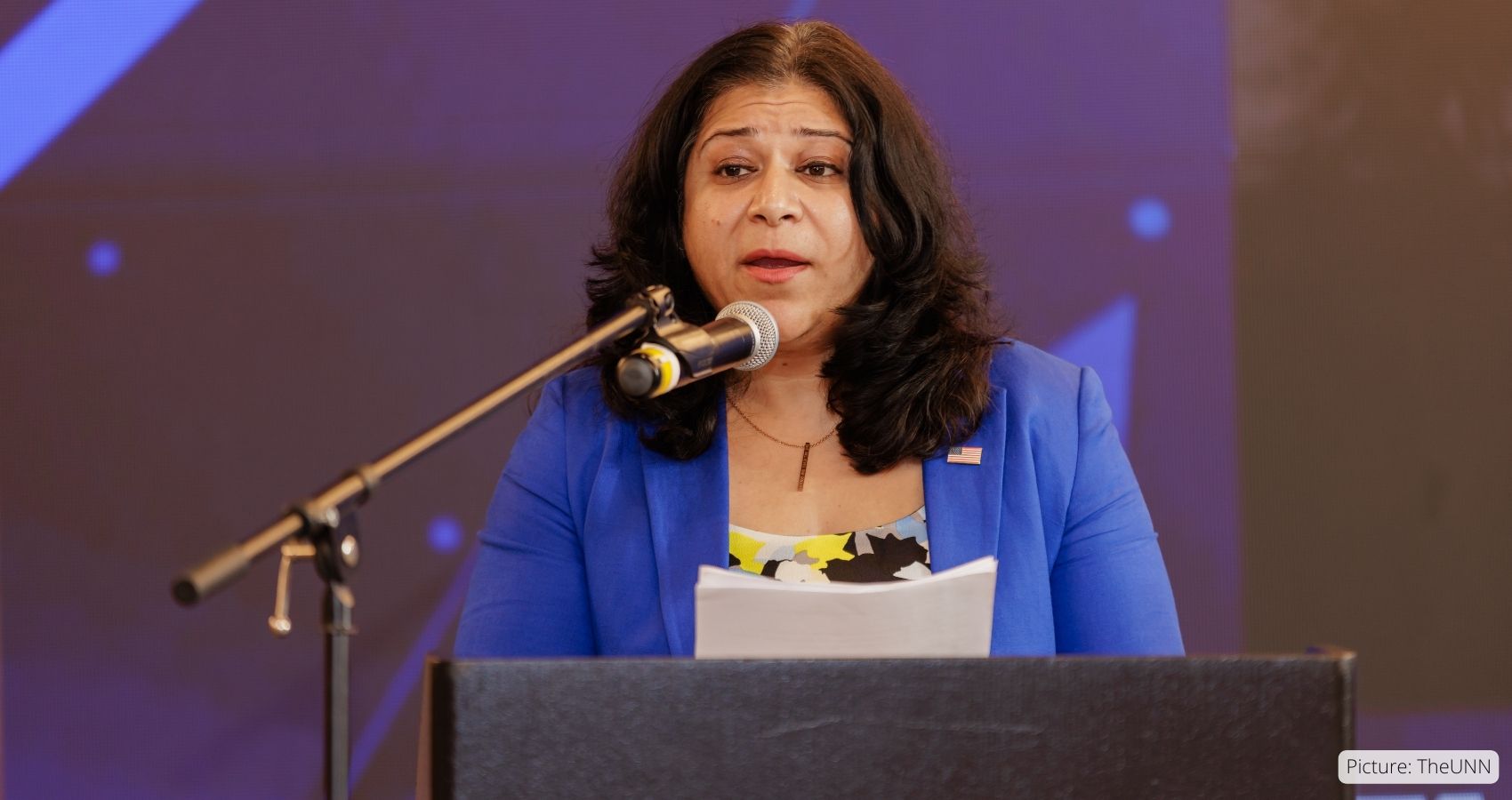Prof. Sujata Gadkar-Wilcox, associate professor of legal studies and chair of justice and law at the Quinipiac University has been appointed by Connecticut Gov. Ned Lamont as a Commissioner and Member of the Connecticut Commission on Human Rights and Opportunities (CHRO).
Prof. Sujata Gadkar-Wilcox is Chair of the Department of Justice and Law, and Associate Professor of Legal Studies at Quinnipiac University. She is also Executive Director of the Oxford Consortium for Human Rights and a Fulbright-Nehru Scholar.
Gadkar-Wilcox expressed interest in the Commission on Human Rights and Opportunities (CHRO) years ago and was notified when a seat became available. She intends to use her experience in this position as a professor to benefit her students.
“I teach my students to think about the way in which what we learn in the classroom can be utilized outside of the classroom,” said Gadkar-Wilcox. “I believe my position at the CHRO will provide me with new opportunities to learn how nondiscrimination laws in employment, housing and public accommodation are enforced in practice. I look forward to taking this knowledge back to my students and connecting it back to my own research in human rights and constitutional law.”
The goal of the commission is to eliminate discrimination through civil and human rights law enforcement and to establish equal opportunity and justice for all persons within the state, through advocacy and education. Gadkar-Wilcox’s new role entails overseeing the work of the regional staff offices, which receive and resolve cases from individuals who believe they have suffered illegal discrimination. She will also attend monthly meetings and work on compliance, enforcement and monitoring.
Her time in the legal studies field began as a litigation associate at a major law firm in New York in 2005 after graduating from law school. Gadkar-Wilcox subsequently became the director of a non-profit legal education organization to pursue her commitment to public interest law and then she came to Quinnipiac in 2011. She has served as the executive director of the Oxford Consortium for Human Rights for many years, too.
Programs at Quinnipiac, such as the global engagement fellows program, enable students to take the principles they learn in the classroom and build collaborative partnerships with community organizations, as well as show students how the law can serve as a tool for social justice. Gadkar-Wilcox supports and vouches for this program, as it is her deep passion to connect students with local communities.
Now, as she kickstarts her time at the CHRO, she will be able to make a difference both on an academic and state level, using her decades of research and work as support, she said. “As a South Asian woman, it is important to represent a different perspective on the CHRO and in public life that does not always get the same amount of visibility,” said Gadkar-Wilcox. “It is an honor and a privilege to apply my own academic training in a public capacity and to represent Quinnipiac and the South Asian community in this role.”

